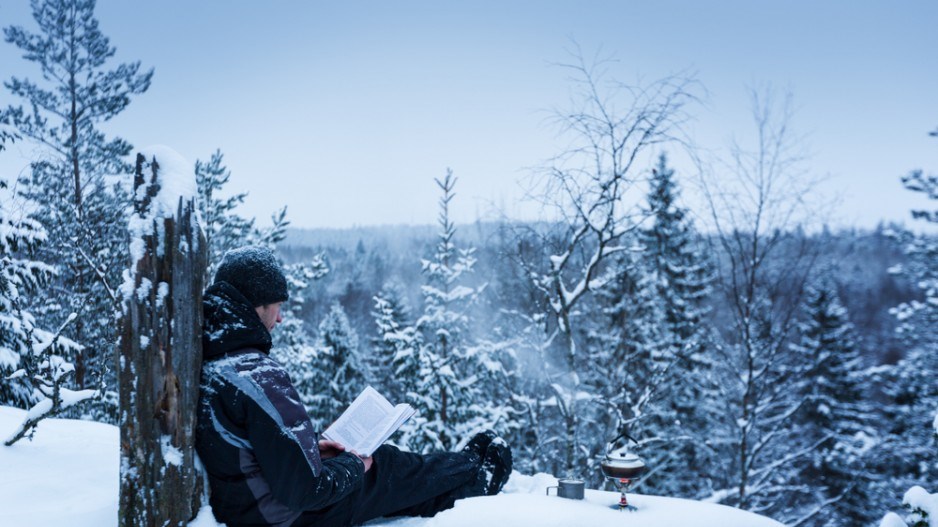Each week, BIV staff will share with you some of the interesting stories we have found from around the web.
Mark Falkenberg, deputy managing editor:
What Donald Trump calls a “very large and comprehensive deal” between the United States in China looks like very large trouble for Canada, says the Globe and Mail’s Barrie McKenna.
“Here’s the problem,” McKenna says. “Whatever China commits to buying from the U.S. will inevitably come at the expense of other exporting countries. In farm products, Canada is among the countries most at risk of losing market share, along with Australia, New Zealand, Brazil and Argentina.” – Globe and Mail
The son of megatycoon Rupert Murdoch has called out his father over the family media empire’s “ongoing denial” of climate change and its link to Australia’s devastating bushfires. James Murdoch and his wife, Kathryn Murdoch, issued a statement this week criticizing the senior Murdoch over his newspapers’ coverage of the issue.
“They are particularly disappointed with the ongoing denial among the news outlets in Australia given obvious evidence to the contrary,” a spokesperson for the couple said. – Guardian
Hayley Woodin, reporter:
Food systems are increasingly globalized. Diets around the world are changing. What do these patterns look like? That is my simplified take on this report’s title: Multidimensional characterization of global food supply from 1961 to 2013. It’s an interesting way to explore how the world is changing. For example: consumption of animal-source foods and sugar has increased significantly in China, Taiwain and South Korea, and decreased substantially in high-income English-speaking countries. – Nature https://www.nature.com/articles/s43016-019-0012-2
A throwback to a piece published in March 2019 that is nonetheless a good reminder for those still plodding through New Year’s resolution planning and goal setting. The author offers seven real, science-backed suggestions for “biohacking” your body, and chides the whole concept of biohacking throughout. (My favourite line: “If the pro-work, anti-sleep culture makes you feel lame and self-conscious about, say, leaving a party to go home and sleep, try saying, “I’m going to go biohack my brain.” Then run out of the room.”) – The Atlantic
https://www.theatlantic.com/health/archive/2019/03/top-biohacks
Glen Korstrom, reporter:
Given the likelihood that B.C. will stop requiring people to turn clocks ahead one hour in spring, and back one hour in the fall, it is interesting to look at what is happening in Brazil.
Clearly, they chose the wrong time to use year-round. Instead of giving people an extra hour in the evening, they gave them an extra hour in the morning. Now there are beautiful yet empty sun-drenched beaches before 5 a.m.
I’m hoping that B.C.’s future change makes it so there is more light later in the day year-round. – Washington Post




